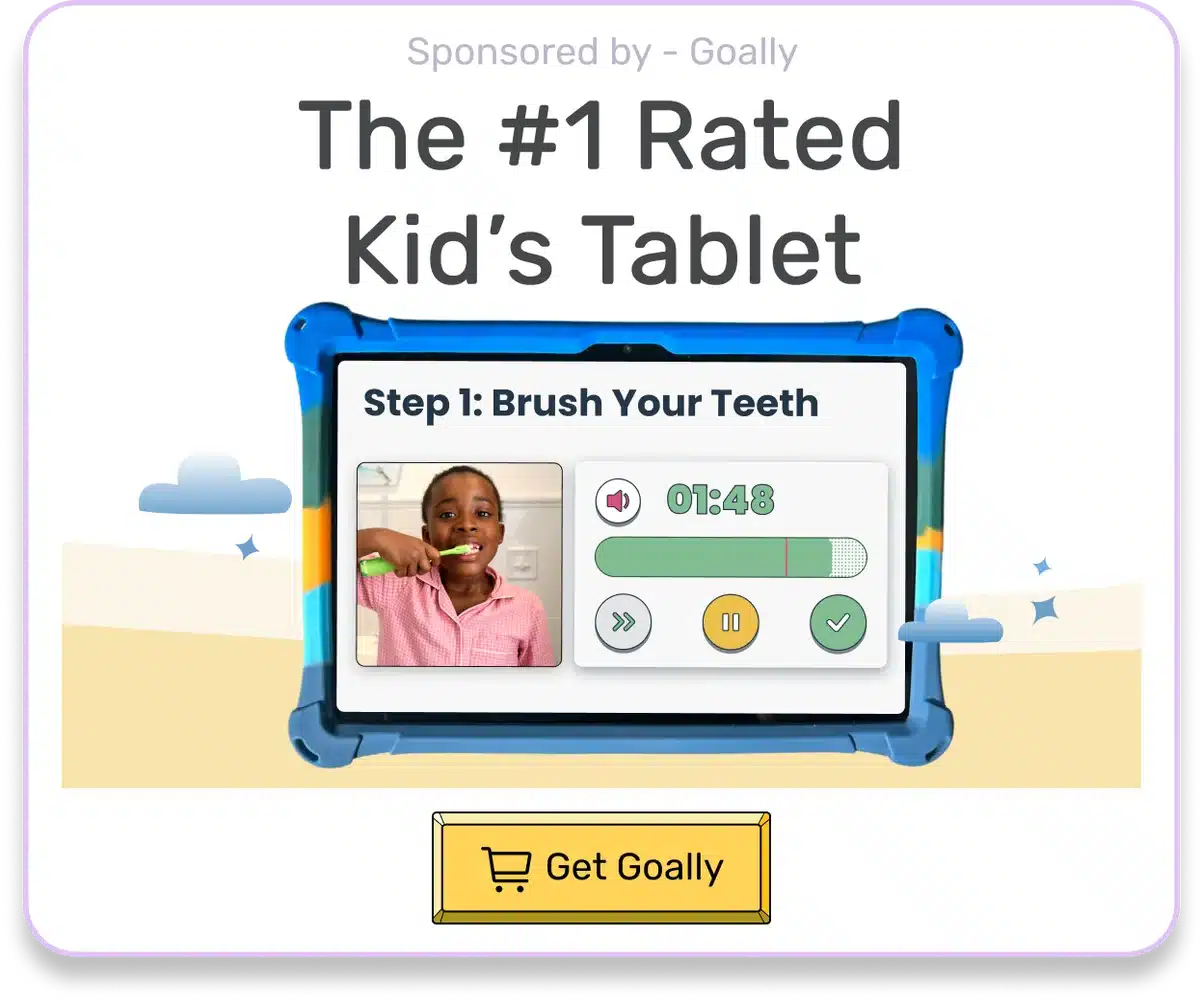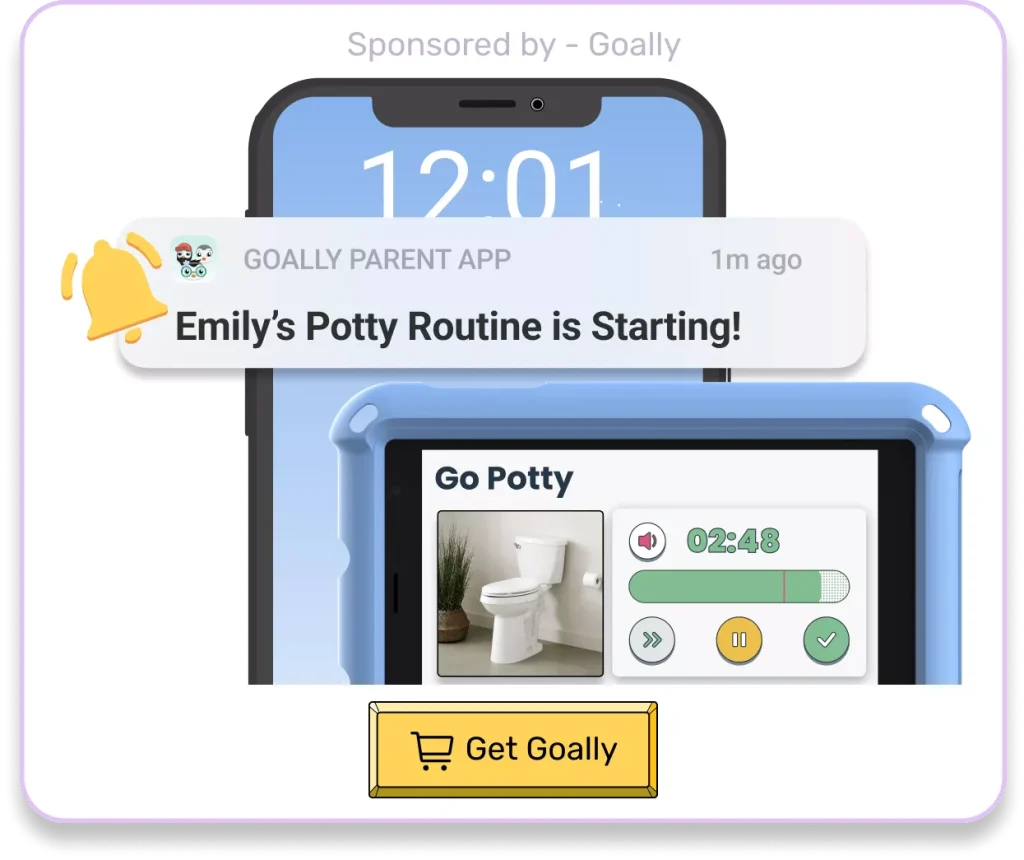You’ve found yourself here because you’ve noticed something unique about your kid. They may have difficulty in social situations or they may have an intense focus on specific interests. You’re not alone, and the question Does my child have autism is common. This blog post will provide you with helpful information about autism, offer insights into potential signs, and, most importantly, introduce you to our “Is My Child Autistic Quiz” – a tool designed to help you better understand your child’s neurodivergence. Remember, the quiz is not a diagnostic tool but can be a helpful starting point for you and your family. Now, let’s shed light on some common autism-related questions and concerns for parents of neurodivergent kids.
Table of Contents
Understanding Autism: What You Need to Know
Autism, or Autism Spectrum Disorder (ASD), is a complex neurological condition affecting how a person processes information, communicates, and interacts. It is characterized by a wide range of symptoms and individual differences, which is why it is referred to as a “spectrum.” ASD can present challenges, but it’s essential to recognize that autistic individuals can also possess unique strengths and talents.
- Autism is a lifelong condition, but early intervention can significantly improve outcomes.
- There is no known single cause of autism, but genetic and environmental factors are believed to play a role.
- Autism affects people of all racial, ethnic, and socioeconomic backgrounds, but it is more common in boys than girls.
- Focusing on each child’s strengths and potential is crucial, rather than solely on their challenges.
Goally | The Safest Tablet for Kids

The Importance of Early Intervention
According to studies, early intervention can significantly improve the lives of children with autism. These interventions, tailored to the child’s specific needs, can help improve communication, social skills, and adaptive behaviors. Early intervention can also reduce problematic behaviors and increase the chances of success in school and daily life.
While it is never too late to start supporting your child, the earlier the intervention begins, the better the potential outcomes. If you have concerns or notice signs of autism, it’s essential to consult a professional for guidance and appropriate intervention strategies.
Spotting the Signs: Common Behaviors and Characteristics
While every child with autism is unique, there are some common behaviors and characteristics that you might notice. Remember that these signs can vary in intensity and may change over time.

Read more: Early Intervention Ages 3-5 | Parents Guide
- Social communication difficulties: Your child may struggle with nonverbal cues, eye contact, or understanding the emotions of others. They might also have challenges with initiating or maintaining conversations.
- Repetitive behaviors: Kids with autism may engage in repetitive movements or speech, such as hand-flapping, rocking, or repeating phrases.
- Restricted interests: Intense focus on specific interests or hobbies is common in children with autism, which may include subjects like trains, numbers, or even specific movies.
- Sensory sensitivities: Some children with autism may be overly sensitive to sensory input such as sounds, textures, or tastes, while others may show a reduced sensitivity to pain or temperature.
Early Signs of Autism in Infants and Toddlers
In addition to the signs mentioned above, some early indicators of autism may be noticeable in infants and toddlers. These can include:
- Limited eye contact or social smiling.
- Delayed or absent babbling, cooing, or other vocalizations.
- Unresponsiveness to their name being called or to familiar voices.
- A lack of joint attention, such as not pointing at objects or following the gaze of others.
Monitoring your child’s development and being aware of these early signs can help you address concerns immediately.
Please remember that the quiz is not a diagnostic tool; rather, it provides insights into patterns that may indicate autism. If you have concerns, it is always best to consult with a healthcare professional for further evaluation and guidance.
Further Evaluations and Diagnosis
If you suspect that your child may have autism, it’s essential to seek a professional evaluation. A comprehensive assessment conducted by a team of specialists can help determine whether your child is on the autism spectrum. This evaluation may include observations, interviews, and standardized tests to assess your child’s communication, social skills, and behavior patterns.
A diagnosis can provide a better understanding of your child’s unique strengths and challenges, as well as open doors to appropriate interventions and support services.
Empowering Parents: Strategies for Supporting Your Neurodivergent Kid
Once you’ve taken the “Is My Child Autistic quiz”, you might wonder next steps. Regardless of whether your kid is diagnosed with autism, strategies and resources are available to support their growth and development.
- Seek professional guidance: Reach out to your child’s pediatrician, a psychologist, or other professionals experienced in working with neurodivergent kids. They can provide valuable insights and recommendations tailored to your child’s unique needs.
- Build a support network: Connect with other parents of neurodivergent kids, join support groups, or attend workshops to learn more about autism and share experiences.
- Focus on strengths: Encourage your child’s interests and talents, and provide opportunities for them to shine. This can help build self-esteem and foster a positive sense of identity.
- Implement structure and routines: Many kids with autism thrive on predictability and routines. Develop consistent daily schedules and create visual aids to help your child understand what to expect.

Adapting Your Communication and Parenting Style
Supporting a neurodivergent child may require you to adapt your communication and parenting style to better suit their needs. This can involve:
- Using clear, concise language and concrete examples when giving instructions or explanations.
- Being patient and giving your child extra time to process information or express themselves.
- Utilizing visual supports such as social stories, visual schedules, or visual cues to help them understand complex concepts or navigate social situations.
- Encouraging and modeling appropriate social skills and behaviors.
By making these adjustments, you can create an environment in which your child feels supported and understood.
Goally | Visual Scheduler for Autism
Does your child struggle with getting ready in the morning independently? Goally’s routine app on the best tablet for kids breaks down large tasks into small, achievable steps for autistic kids. Create custom routines with your own videos & pictures for every step.
Final Thoughts
As a parent of a neurodivergent child, educating yourself about your child’s condition and being their advocate is essential. Familiarize yourself with the laws and resources that can support your child’s education, such as Individualized Education Programs (IEPs) or 504 plans. By understanding your child’s rights and advocating for their needs, you can ensure they receive the support they deserve within the school setting and beyond. Remember, the journey towards better understanding your child is an ongoing process, and you are your child’s greatest advocate. By taking steps to recognize their unique needs, seeking professional guidance, and utilizing tools like the “Is My Child Autistic Quiz,” you can empower yourself to create the most supportive environment for your neurodivergent kid.
FAQ’s About Is My Child Autistic | Quiz
What are the early signs of autism in infants?
Common early signs include lack of eye contact, not responding to their name, and delayed speech development.
At what age can autism be diagnosed?
Autism can be reliably diagnosed by age 2, although some signs may be noticeable earlier.
Can a child with autism have normal intelligence?
Yes, many children with autism have average or above-average intelligence.
Is there a medical test for autism?
There is no single medical test for autism; diagnosis is based on observing a child's behavior and development.
Can autism be cured?
Autism is a lifelong condition, but early intervention can help manage symptoms and develop important skills.
This post was originally published on 05/06/2023. It was updated on 05/01/2024.

Goally
We help parents teach their kids life skills, like doing bedtime and morning independently. Backed by science, we incorporate evidence-based practices and expert-informed designs in all of our apps and content.







